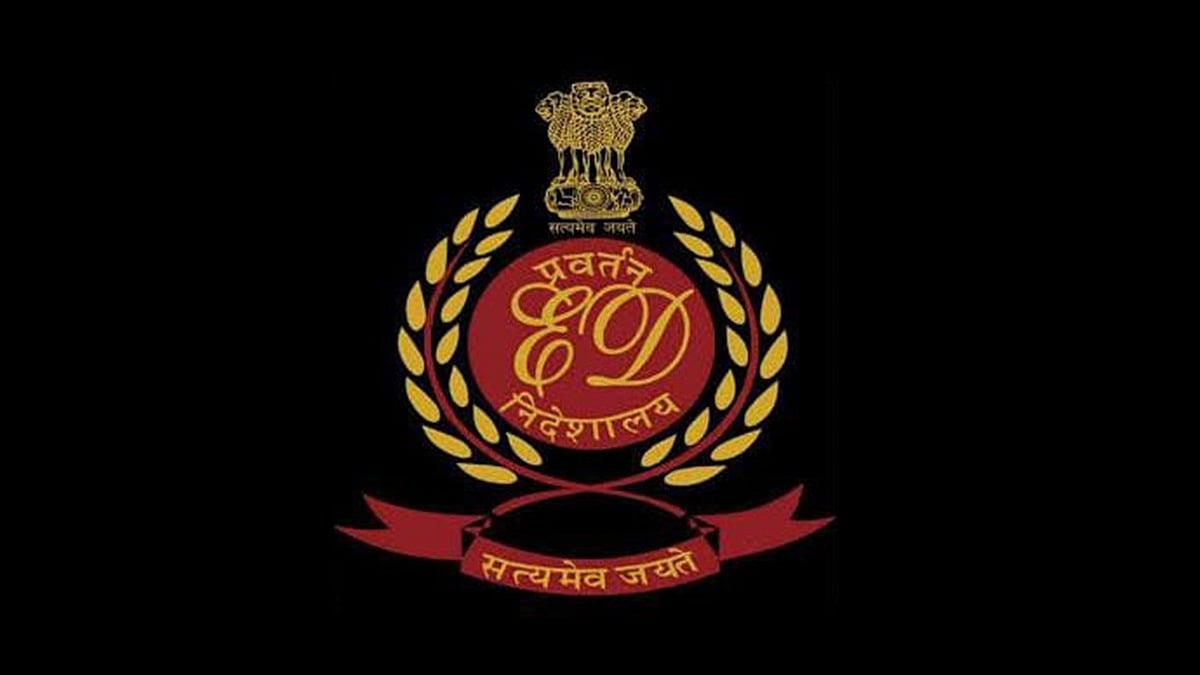In three decades of corporate journey, Apurva Purohit reinvented herself and donned multiple roles. Purohit, former President of Jagran Prakashan, is known for building and scaling up a diverse set of businesses. Today, she has taken the entrepreneurial route as the co-founder of Aazol. She is also serving on several boards like Mindtree, L&T Technology Services and others, as an Independent Director (ID).
In the latest edition of ‘Grow with Governance’, Purohit shares her illustrious journey and learnings with Jescilia K and Bharathi Iyer.
Edited excerpt:
The role of IDs in India. Your view
Governance and the role of IDs (Independent Director) in the country are evolving. India is in the early stages of mature governance standards. The regulatory authorities have done a wonderful job in setting out what the role of IDs ought to be and putting out the right policies in place.
At the same time, IDs are also evolving from the old buddies network to a more professional, high-governed advisory and mature level of interaction with the management.
Several promoters understand the value of good governance in their personal and professional lives. They also understand how institutional investors perceive the valuation. It is an evolving journey.
Where do you think IDs should change?
The regulator has done the job of introducing new policies. But now it is about implementation which requires alignment. They need to know that these regulations are enablers and not roadblocks. The mindset of Executive Directors and Promoters have to change.
What are your thoughts as a woman Director and leader about the women workforce?
As a leader, I found highly qualified and talented women were entering the workforce. However, it was painful to see them leave in the five-seven years of their career. It was not good for them and for organisations. So, I started speaking to women and that is when I realised there were certain barriers to woman’s success. I have spoken about these barriers in detail in my books. So, that they can overcome them.
Can you highlight some points from both of your books?
The first book 'Lady, You're Not a Man!' was written for women at the entry and mid-level. This book was all about that telling women that they can succeed in both -- family lives and professional lives.
The second book ‘Lady, You're The Boss' is about women who have reached senior level. But somehow they are hesitant to push themselves to reach the top.
Tell us about your board journey.
In these 32 years of my professional journey, I never gave up. I always gave my career a priority. During this journey, I got a lot of opportunities. At the same time, I also took a lot of risks. I believe that women get into a comfort zone. Being needed is another form of stagnating. In my professional journey, I constantly reinvented myself.
Any new books in the pipeline?
Both the books, I wrote was from my own set of experiences.
I am still gathering information and experience about women in their 50s. So, the third book will be around that. So, the next topic that I would like to cover is about women as business leaders.
What are your suggestions to women that want to join the board?
The first question every woman should ask herself before joining a board is why is she entering the board.
Firstly, being on a board is hard work. You are not getting on the board to become that token women director. You are there to genuinely contribute. You are there to contribute to the management, the organisation and the minority shareholders. You are there to be the guard rail.
In addition, understand the new industry that you are getting into and be an advisor to the management.
Also, ensure that your voice is being heard on the board you are in, by being assertive.
If you are clear of these three things then only get on the board.
How do you prioritise work-life balance?
I have often faced this question: Can women have it all? My answer to them is yes, they can but at different times. I strongly believe that every aspiration can be fulfilled but there is a time for it. These aspirations will not be achieved at the same time. Thus, there is a need to prioritise. To focus on something, one needs to learn to let go of something.
More than work-life balance, it is about work-life integration.
What is your view on mentorship that is still evolving in India and your role as a mentor?
One can even find mentorship among peers, they do not have to look at someone senior for that. It could be found in your circle as well.
The industry recognises me as a professional with varied experiences that turned around organisations, scaled up organisations etc. But I look at myself as a professional who built people and leaders. I get joy in passing my learnings and values. And as a mentor, if my mentees implement those values there is nothing better than that.
How can a board help improve gender diversity in an organisation?
In the last 10-15 years, I have seen a transformation around diversity. There has been a rise in conversation at the board level and at the executive level to increase diversity. The reason organisations started focussing on diversity is because they realised that their business outcomes will improve due to this diversity. This has to be reiterated in every board so that business outcomes improve. It is only then that it can be treated seriously.
I have seen organisations and leaderships that want to introduce diversity. However, they are caught in patriarchal biases. The leadership may not pass tough assignments to women professionals. They have the best of intentions to protect women but this act bonsai woman professionals. We are not allowing the women to be tough. Thus, women are unable to compete with the men around them.
Usually, I suggest the management treat their women employees the same way they treat men.
Tell us about your experience with start-up Aazol.
One of the reasons for the start-up was to reduce inequality. We are working with self-help groups (SHGs) across Maharashtra. We are trying to help them connect with the urban consumer. The start-up is about connecting with the culture and also reducing inequity.








